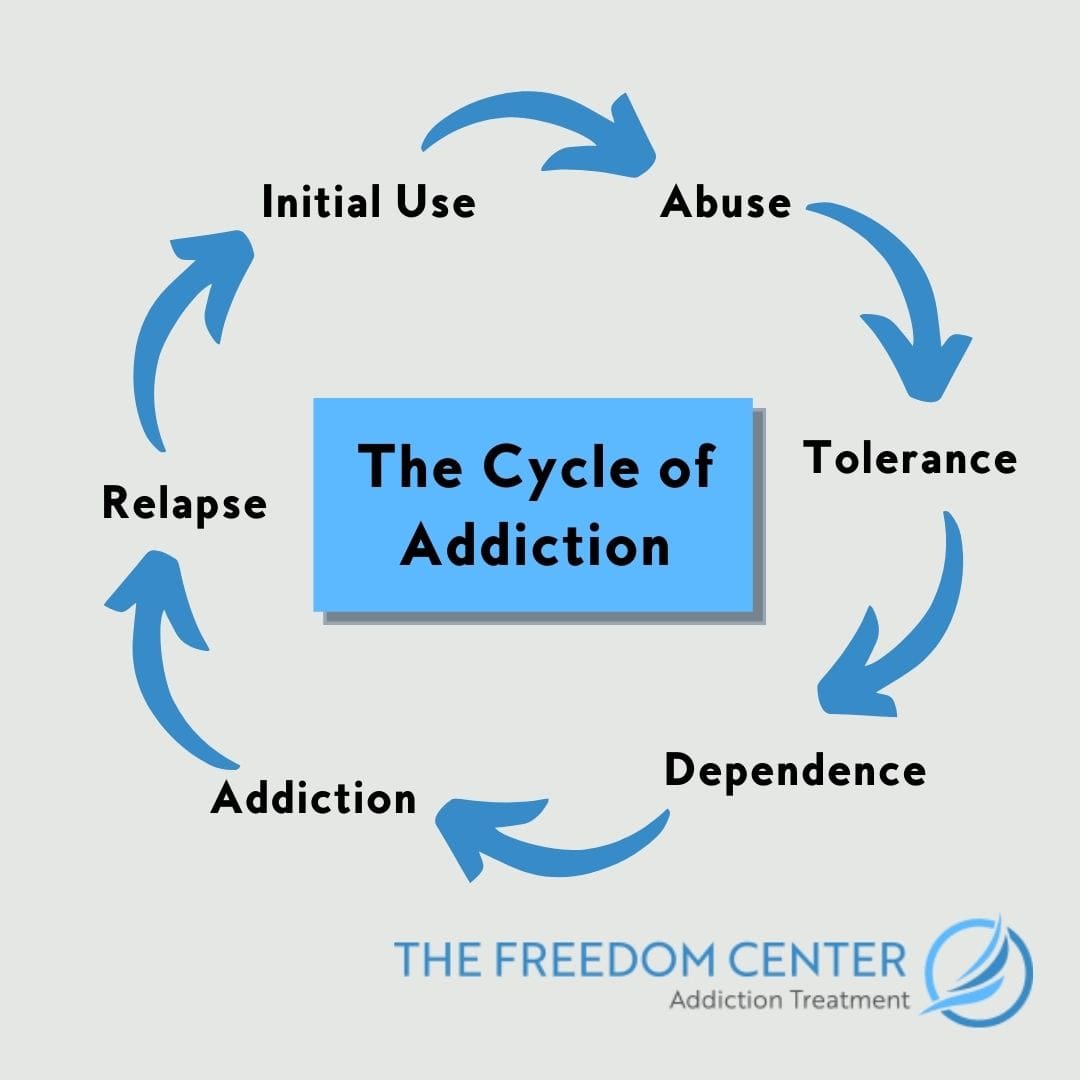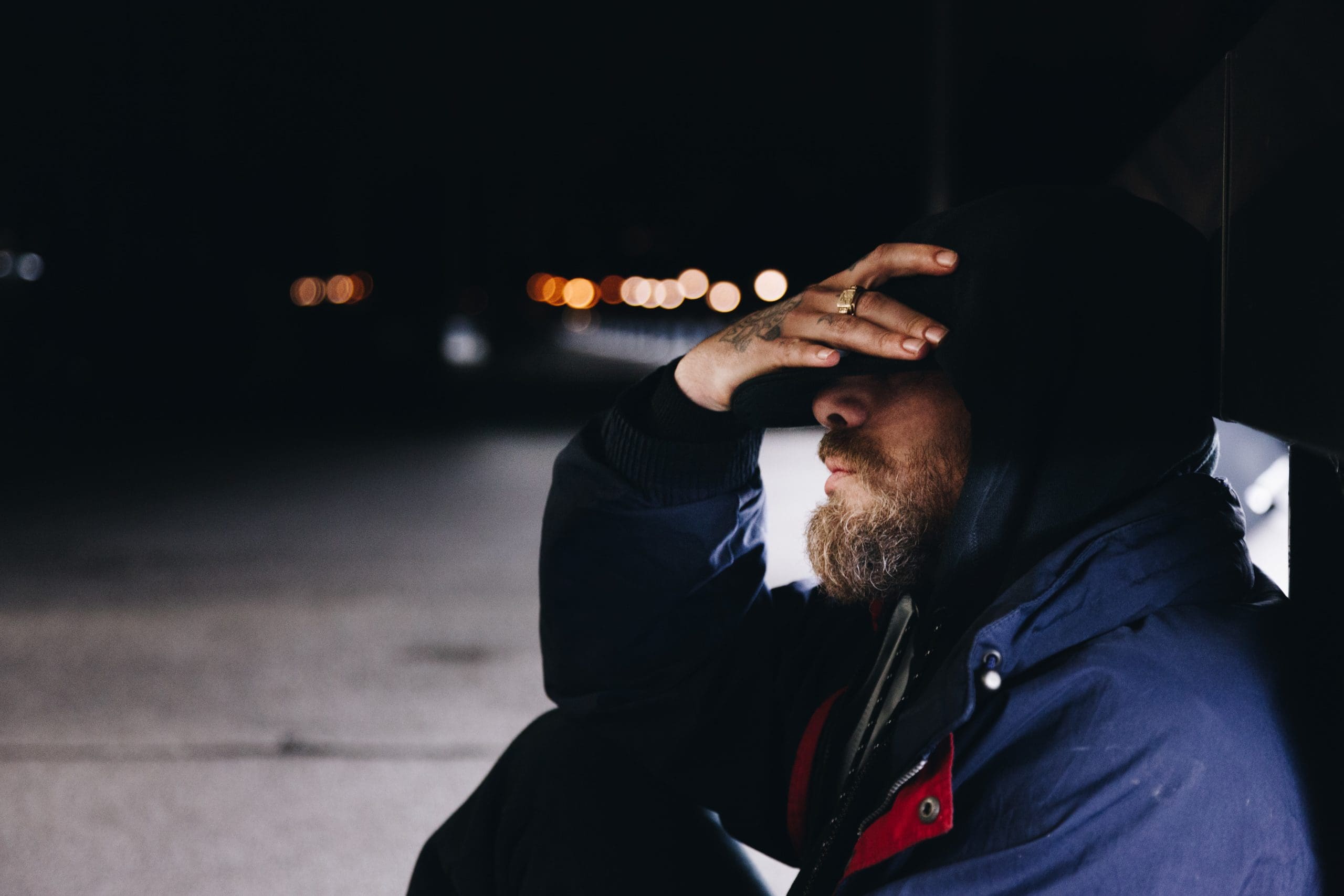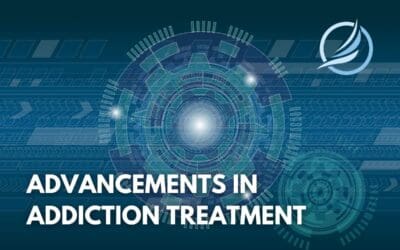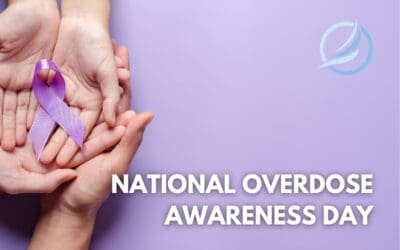
Addiction is a vast whirlwind of destruction in the lives of many; people tend to get so caught up in the chaos that they believe substance abuse to have been wrapped into one’s character. Contrary to popular belief, however, addiction does not happen as spontaneously as one drinks on a night out. Addiction is a cycle that evolves in stages. These stages include the following:
- Initial use
- Abuse
- Tolerance
- Dependence
- Addiction
- Relapse
When someone takes drugs or consumes alcohol, the pleasure center is triggered. It is this pleasure center that allows people to enjoy simple pleasures such as food, love, or entertainment. When someone repeatedly abuses drugs, the pleasure center becomes distorted. This is because no high is stronger than the first; when a user believes that this high is something to be chased after, they’ll inevitably need more to mimic this initial high. This has the potential to lead to a dangerous cycle.
What is Initial Use?
Initial use refers to the first time someone uses a substance; this could happen for any number of reasons, whether it’s a prescription someone has become dependent upon or trying to cope with depression. Sometimes peer pressure even plays a role in this regard, but whatever the reason may be, initial use is always the first stage of addiction.
It is imperative to make the distinction, however, that initial use does not lead everyone who uses a substance for the first time to addiction. This is a matter that pertains more to the predicament of the individual. Some factors of initial use may include the following:
- Physical abuse
- Emotional abuse
- Sexual abuse
- Peer pressure
- Depression
- Anxiety
- Loneliness
- Family history of addiction
In addition to this, it is also significant to note that those who become addicted do not always fall into the category of these circumstances. Any number of decision-making processes could lead someone to try a substance for the first time. Sometimes it’s not as deep as abuse or depression. Often repeated use can gradually sneak up on someone, leading to the other stages of addiction.
Abuse in the Stages of Addiction
Substance abuse refers to when a person is partaking in a particular substance on a more consistent and recurring basis. Any repeated and excessive usage should be considered harmful. Substances in excess tend to have a detrimental effect on people.
By way of example, someone out for the night at a bar may have one more drink than they should because someone offered to buy them a drink. They may appreciate the way that the last drink made them feel and start having one last drink more frequently. This builds tolerance which breeds a desire for more. It’s a vicious cycle that ends with binge drinking, and love it or hate it, it is substance abuse.
Something also worth mentioning is that when it comes to illicit drugs, abuse begins the first time they are used. These drugs include (but are not limited to) the likes of heroin, cocaine, or LSD, and are very dangerous due to their addictive nature. The grey areas come when substances such as tobacco or prescription meds are thrown into the mix. The best way to put substance abuse is using a particular substance to achieve a high or euphoric response.
Tolerance of Substances
Tolerance is what is referred to when a consistent volume of a substance is no longer producing the desired effect, and a larger volume is necessary to reach the effect. Over time, when drugs or alcohol are used, a person’s brain will register that pleasurable feeling differently than before. Increasing the volume of a substance may work for some time, but after a while the dosage will need to increase again, leading to harmful substance usage.
After doing drugs or alcohol for a while, the pleasure center in the brain is compromised. The brain’s chemical receptors diminish. What’s even worse is that this could cause the brain to stop producing the necessary chemicals to enjoy average, everyday pleasures. Inevitably, a user will need more to keep the symptoms of withdrawal away, which leads to dependence.
Dependence on Substances
When someone fails to function in a normal capacity without having used a substance, dependence on that substance is evident. Dependence has the potential to lead to addiction, but dependence itself is not addiction; a distinction must be made so that the two are not mistaken as synonymous. The main difference between addiction and dependence is that addiction happens when someone has a compulsion to abuse substances whereas dependence is when someone relies on a substance to function normally.
Being Addicted to Substances
Signs of addiction may include the following:
- Using more of a substance than intended
- The inability to stop using a substance
- Consistently recovering from usage
- Spending an alarming amount of time using a substance
- Craving a substance
- Developing a tolerance
- Lack of judgment in how to use the substance
In contrast to the fixation of physical symptoms of dependency, addiction has more to do with one’s mental health. Addiction is the compulsion to abuse a substance because of the way it makes them feel, and oftentimes it’s irresistible. According to some studies, those who suffer from mild addiction develop anywhere from two to three of these symptoms. Those who suffer from moderate addiction develop anywhere from four to five, and a severe addiction could be six or more.
Relapsing
Relapse is what ultimately happens when the cycle beings to repeat itself. It is when someone who was sober for a short time comes back to using after making a mistake or just feeling a major urge to use. This stage of addiction is common and happens to lots of people who are trying to pursue a life of sobriety. It’s easy to become discouraged when relapse takes place, but those pursuing a life of sobriety must pick themselves up and keep trying. Sometimes the only way to progress in an impossible situation is by inching one’s way to a better platform to succeed.
Overcoming Addiction
Overcoming addiction takes time. There are many possibilities of withdrawal, relapse, and experiencing undeniable urges to use, but the most important part is that one keeps going. Sometimes people go through countless attempts to try to remain sober, but these things take time. The addiction cycle doesn’t have to run its full course for someone to be released from its shackles.
There are many methods to treat and break the cycle of addiction, but where they all begin is acknowledging that the addiction exists. Once the problem is brought to the light, treatment can start being discussed. Luckily, there are many options as far as treatment is concerned, some of which include the following:
- Inpatient treatment
- Outpatient treatment
- Detox treatment
- Therapy
Inpatient Treatment
Lasting anywhere from 28 days to six months, inpatient residential treatment is a rehab method in which patients stay at a facility overnight while they are recovering. This recovery option gives them 24/7 access to professional medical personnel, as well as weekly (sometimes daily depending on the patient’s needs) access to professional therapists and psychiatrists.
Outpatient Treatment
Outpatient treatment is a recovery method in which those who participate are recovering while living in the comfort of their own homes. This is a more convenient form of treatment as it allows for minimal disruption of one’s daily life. This treatment method is also good for those coming out of inpatient treatment who need a transition into the real world. This option lasts anywhere from three months to over a year, allowing patients 10-12 hours of weekly access to professional therapists and psychiatrists.
Detox Treatment
Some symptoms of drug withdrawal include the following:
- Sweating
- Vomiting
- Nausea
- Headaches
- Shaking
- Anxiety
- Depression
Detox treatment is a medically assisted treatment (MAT) program that helps users come off of drugs comfortably. Symptoms of drug withdrawal are difficult to stomach, and drug cravings are often insatiable. This is why medically-assisted detox is so important; it allows patients to pursue sobriety safely and comfortably.
Therapy
Therapy refers to attempting remediation to help somebody achieve a specific statute of health, whether it be physical or mental. In substance abuse treatment, it has proven itself to be quite effective. Some different kinds of therapy work well for different kinds of people. Just as there is no one-size-fits-all addiction treatment method, the same can be said for therapy. Some work better in more intimate environments whereas others progress through group therapy.
Break the Cycle of Addiction Today
At The Freedom Center, our priority is to see patients through to a successful rehab experience; those who are seeking treatment deserve a chance at success. Each person that walks through our doors is a unique individual. No one person is the same when it comes to their experiences; the same can be said concerning their preferred method of treatment.
Substance abuse and addiction are frightening circumstances to overcome, but the cycle of addiction does not have to run its full course. If you or someone you love has been the victim of addiction, you can get help at The Freedom Center today. To find out more, contact us here.

































